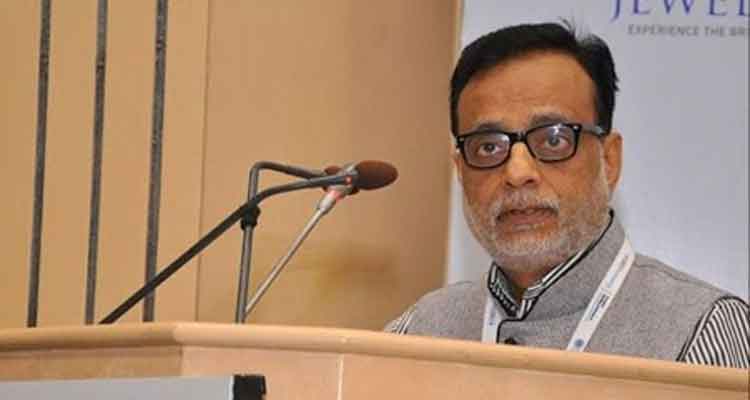The Revenue Secretary Hasmukh Adhia said that the tax liabilities that the Vodafone and Cairn are facing cannot be rejected. Nevertheless, to remove the interest and penalty, it has done the most. During an interview with PTI, there was an indication by the government towards the companies facing taxes paying to enactment of a law that retrospectively taxed their business, for rejecting interest and penalty so that tax dispute can be settled down out of court.
He said that the Budget 2016-17 is now going to make this offer much more formal than it was before and conveyed, “The government has defined its limits. This is how far we can go.” “Earlier, it was only a signal that we were giving. Now it has come in the statute. The government has said that this is how far we can go… The government has shown that this is the best we can do and that’s why we are putting it in the statute,” he continued.
According to him the tax demands raised against the MNC’s can not be waived completely as the earlier government has brought this retrospective amendment to the Income Tax Act.
“Retrospective law was not done by this government, it was done by the previous government. Now for this government to waive the entire thing looks little odd. So this is why the government has said that this is how far we can go,” Adhia pronounced.
Up to a tax demand of Rs. 10,247 crore, the UK oil explorer Cairn Energy is facing for carrying out a 2006 business reorganization in India before its listing. According to the company, there had been no liabilities left unpaid, all the due taxes are settled. The India-UK Bilateral Trade and Promotion Agreements were invoked to arbitrate over the issue.
On the other hand, Vodafone, the British telecom giant is not saved from the tax debt as well. In 2007, Hutchison Whampoa owned over its Rs. 11 billion acquisition with 67 percent mark in the mobile commercial market.
The UK telecom association refuses for any tax liability. They say that the transaction was conducted overseas. The only reason behind calling for the taxes by the income tax department is because of the involvement of the country’s assets. There was also a negotiation on this issue.
Suppose if the companies say no to accept the offer of paying the principal amount, those were contesting the tax demands, then what?? “It is for them to take it or not. But the government’s sovereign right to recover will remain,” answered by Adhia.
During the presentation of Budget 2016-17, FM, Arun Jaitley said, “In order to give an opportunity to the past cases which are ongoing under the retrospective amendment, I propose a one-time scheme of dispute resolution for them.”










